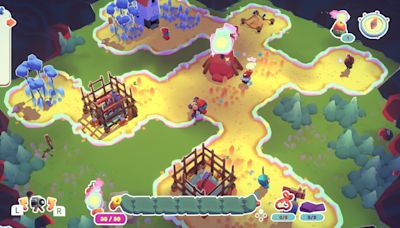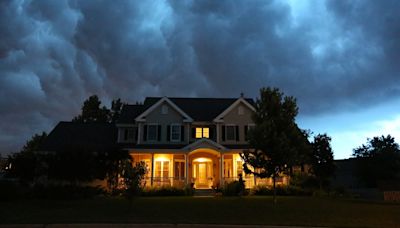Search results
The Hour of the Furnaces (Spanish: La hora de los hornos) is a 1968 Argentine film directed by Octavio Getino and Fernando Solanas. 'The paradigm of revolutionary activist cinema', [1] it addresses the politics of the 'Third worldist' films and Latin-American manifesto of the late 1960s.
Nov 1, 1973 · A four-hour film by Argentine directors Octavio Getino and Fernando E. Solanas, released in 1968, that analyzes the role of imperialism and violence in Latin America. The film features archival footage of historical events, such as the Cuban Revolution, the Peronist movement, and the Chinese Cultural Revolution.
- (1.2K)
- Documentary, History, War
- Octavio Getino, Fernando E. Solanas
- 1973-11-01
Jan 17, 2012 · Part 1 Neocolonialism and Violence. "This legendary underground film criticized neo-colonialism and called for the overthrow of the Argentine government. Intended to be a film which "the System ...
- 85 min
- 191.6K
- anon9u98
Mar 8, 2012 · Light my fire: what makes The Hour of the Furnaces great. As Sight & Sound counts down to 2012’s once-a-decade poll to find the Greatest Film of All Time, French critic Nicole Brenez makes the case for one of the key revolutionary activist films of the 1960s, The Hour of the Furnaces.
An impassioned three-part documentary of the liberation struggle waged throughout Latin America, using Argentina as a historical example of the imperialist exploitation of the continent.
The Hour of the Furnaces ( Spanish: La hora de los hornos) is a 1968 Argentine film directed by Octavio Getino and Fernando Solanas. 'The paradigm of revolutionary activist cinema', it addresses the politics of the 'Third worldist' films and Latin-American manifesto of the late 1960s.
Cuban revolution, Vietnam War, African de-colonization, May 68, Latin American dictatorships – in the rough seas of crisis, mobilizations, debates, and blood La hora de los hornos (The Hour of the Furnaces) (Octavio Getino and Fernando Solanas, 1968) was made.




